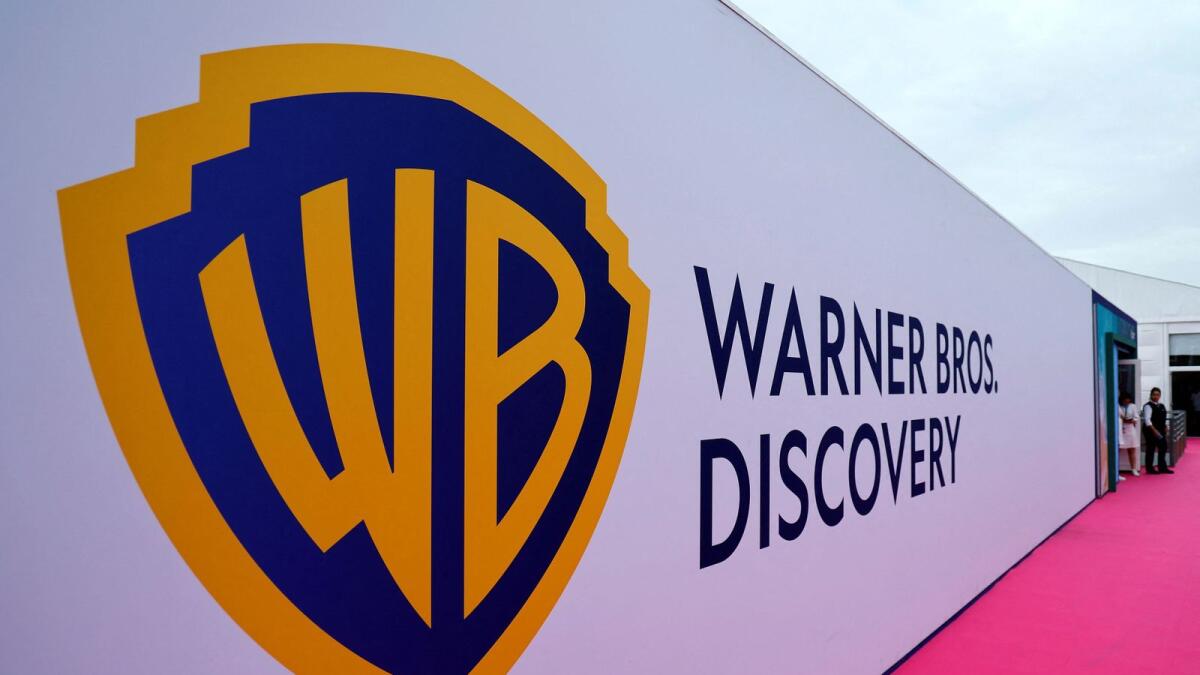S&P recently downgraded its outlook on Warner Bros Discovery, changing it from “stable” to “negative”. This decision was made due to the declining performance of the media company’s cable TV business, which accounts for half of its revenue. The cable TV industry has been facing challenges such as a decrease in ad revenues and consumers switching to streaming services. Warner Bros Discovery had to write down the value of its TV assets by $9.1 billion as a result.
The negative outlook from S&P is based on the expectation that Warner Bros Discovery will continue to have high debt levels due to the struggles in its cable TV business. Despite this, the company maintained an investment-grade credit rating of “BBB-“. As of June 30, Warner Bros Discovery had a gross debt of $41.4 billion, even after repaying $1.8 billion in the second quarter. The potential loss of the broadcast rights for the NBA games after the 2024-2025 season could further worsen the company’s financial challenges.
Last month, the NBA awarded rights to carry its games to Walt Disney’s ESPN, Comcast-owned NBCUniversal, and Amazon.com, ending a long-standing partnership with Warner Bros Discovery. Warner Bros Discovery filed a lawsuit against the NBA after its matching bid for Amazon’s package was rejected. The NBA has been a significant source of profit for Warner Bros Discovery through ad revenues on its linear TV portfolio and streaming services like Max. Despite these challenges, Warner Bros Discovery’s direct-to-consumer user base has grown to 103.3 million, supported by cheaper ad-supported products and global expansion of Max.
According to S&P, Warner Bros Discovery’s extensive film and TV library positions it well to compete in the streaming market. The company’s ability to leverage its strong asset base for sustained growth will be crucial in offsetting the declines in its traditional linear TV business. S&P’s outlook highlights the importance of Warner Bros Discovery’s transition to a compelling streaming service to overcome the challenges faced in the cable TV industry. Overall, these developments signal a shift in the media landscape towards digital streaming platforms and the need for companies like Warner Bros Discovery to adapt to these changing dynamics.











